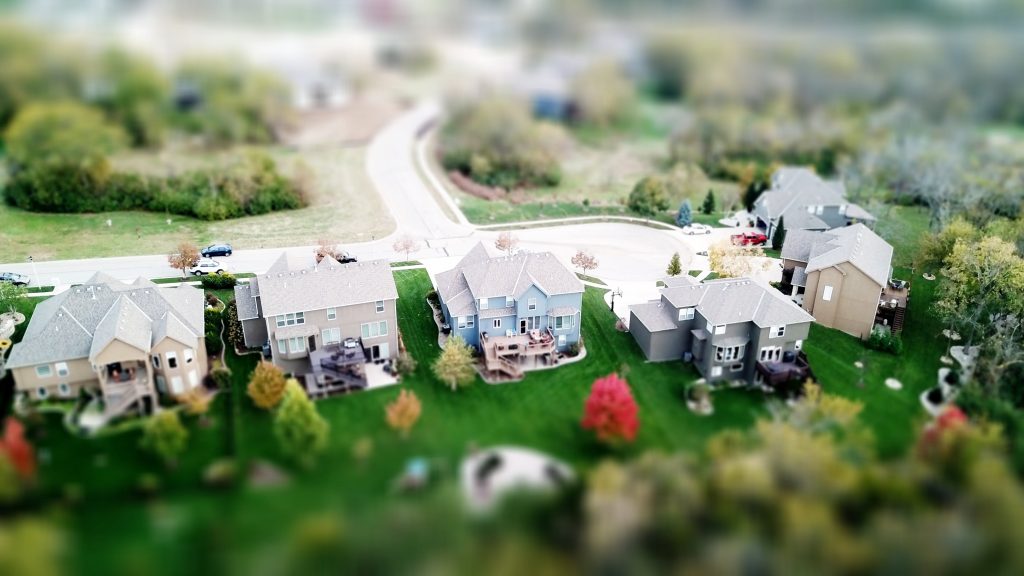The landscape of real estate development is undergoing a transformative shift, driven by a growing recognition of the importance of diversity and inclusion in shaping the built environment. Historically, real estate development has often been criticized for perpetuating inequalities, contributing to the gentrification of neighborhoods, and excluding marginalized communities. However, there is a concerted effort within the industry to foster more inclusive spaces that reflect the diverse needs and aspirations of the population. One key aspect of this push for diversity is the acknowledgment that real estate development goes beyond just constructing buildings. It is about creating communities that are vibrant, sustainable, and, most importantly, welcoming to everyone. Developers are increasingly realizing that a one-size-fits-all approach is no longer tenable in a world characterized by a rich tapestry of cultures, backgrounds, and lifestyles. This realization has prompted a reevaluation of design principles, urban planning strategies, and investment priorities.

Inclusive spaces in real estate development encompass a range of considerations, from affordable housing initiatives to mixed-use developments that incorporate commercial, residential, and recreational elements. The goal is to break down barriers and promote a sense of belonging for all residents. This involves not only addressing economic disparities but also recognizing the importance of cultural representation and accessibility. Inclusive spaces prioritize the creation of environments where individuals from various socioeconomic backgrounds, ethnicities, and abilities can coexist harmoniously. Furthermore, diversity in real estate development extends beyond the physical structures themselves. It encompasses the stakeholders involved in the process, from architects and contractors to community leaders and residents. Embracing diversity in the decision-making processes ensures that a broader array of perspectives is considered, leading to more thoughtful and comprehensive developments. This collaborative approach helps to avoid the pitfalls of homogeneity and fosters innovation in design and functionality.
Government policies and incentives play a crucial role in advancing the agenda for inclusive spaces. Many municipalities are implementing regulations that encourage developers to incorporate affordable housing units, prioritize green spaces, and adhere to universal design principles to Buy Home Cyprus. These measures not only promote social equity but also contribute to the overall livability and sustainability of urban areas. While progress is being made, challenges persist. Overcoming deeply ingrained patterns of inequality requires a sustained commitment from the entire real estate ecosystem. Developers, investors, policymakers, and communities must work together to dismantle barriers and create a more inclusive vision for the future of urban development. In doing so, the real estate industry has the opportunity to not only redefine its image but also to be a catalyst for positive social change, shaping cities and communities that truly embrace the richness of diversity.
